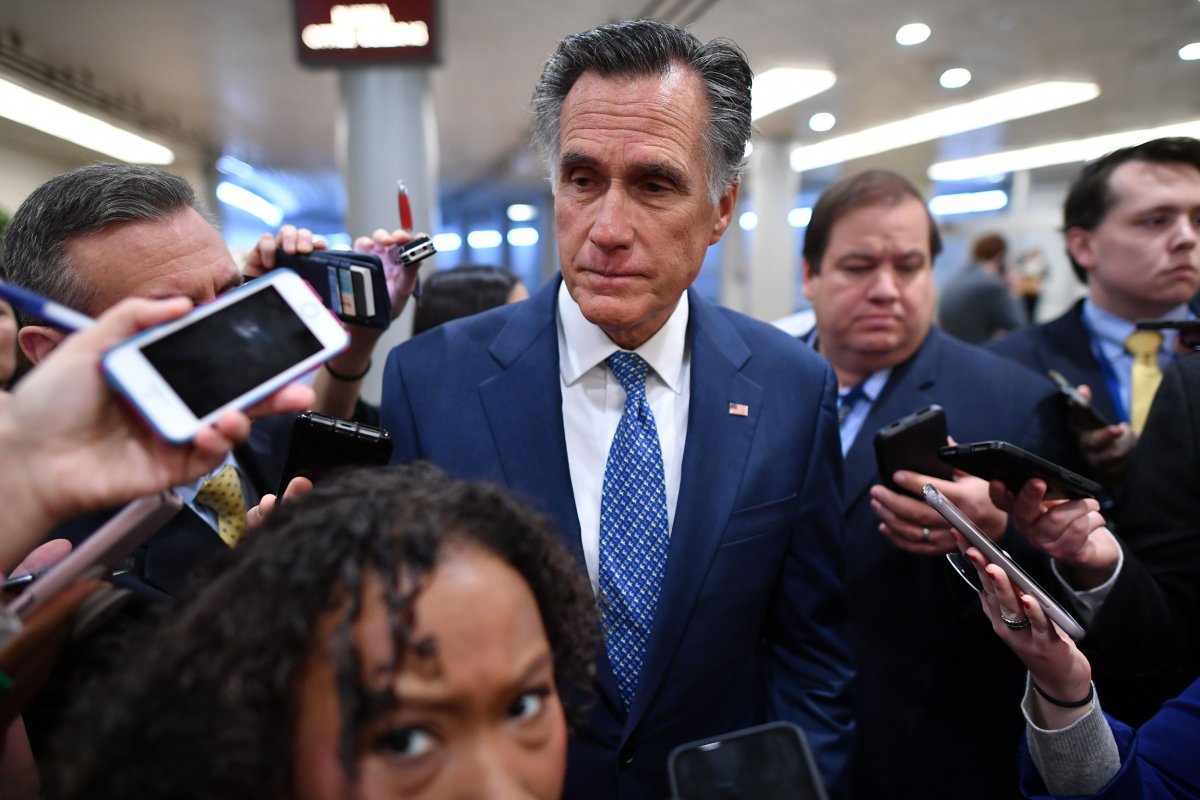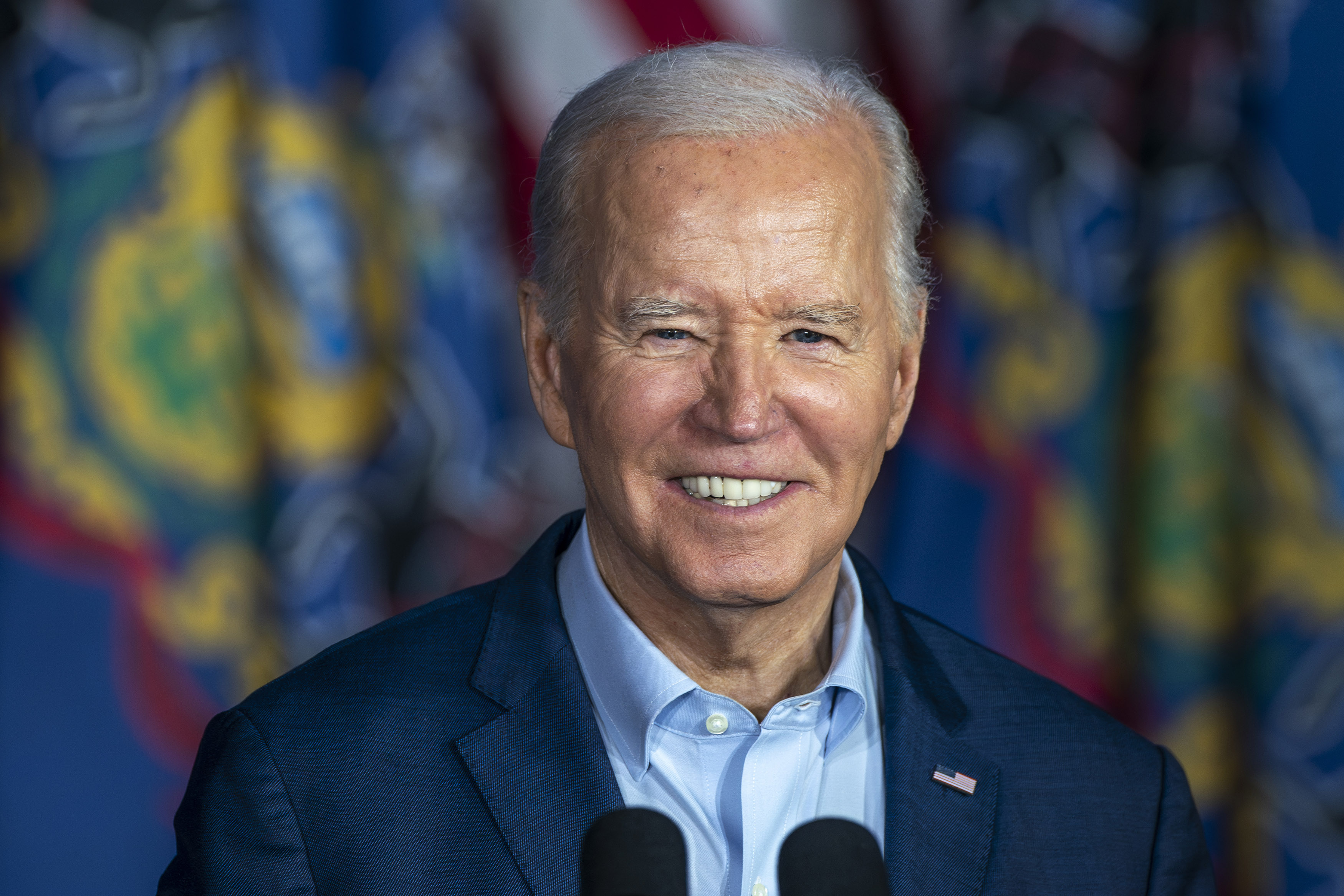In the fractious year of 1968—perhaps the last time America was as politically divided as it is today—Mitt Romney was in France, going door-to-door trying to win converts to the Church of Jesus Christ of Latter-day Saints. This period is usually seen as a quirky footnote in the biography of a man who went on to become a millionaire business consultant, governor of Massachusetts and Republican presidential nominee. But three lessons that Romney learned as a 21-year-old Mormon missionary in France go a long way toward explaining why this week the now senator from Utah became the first member of that chamber in U.S. history to cast a vote to convict and remove a president of his own party.
In thirty months of traveling across that overwhelmingly Roman Catholic country, from Bordeaux to Paris to the northern port city Le Havre, Romney succeeded in converting all of two Frenchmen. But by his own account, the many doors he had shut in his face only served to cement his commitment to his Mormon faith, teaching him that he could hold fast to it even when confronted with rejection.
As Romney spoke in the well of the Senate this week, explaining why he could not ignore his conclusion that Donald Trump had unforgivably abused his office in the Ukraine scandal, it was evident he had learned long ago that religious conviction can require the fortitude to withstand public scorn. "I am aware that there are people in my party and in my state who will strenuously disapprove of my decision, and in some quarters, I will be vehemently denounced," Romney predicted. "I am sure to hear abuse from the president and his supporters. Does anyone seriously believe that I would consent to these consequences other than from an inescapable conviction that my oath before God demanded it of me?"
While in France, Mitt also learned that his father, George Romney, had lost his bid for the 1968 GOP presidential nomination to Richard Nixon. Then governor of Michigan, the elder Romney paid the price for his disorganized campaign and waffling on the Vietnam war, which he said he had initially supported as a result of military "brainwashing." But he was also bravely bucking a hard-right turn in his party that had begun in 1964, when he gave a speech at the Republican convention denouncing the extremism and hostility to civil rights personified by Barry Goldwater.
When the father dropped out of the race, he wrote a letter to his son in France. "Your mother and I are not personally distressed," read the letter, which Mitt Romney recited by memory to reporter Karen Tumulty decades later and that she recalled in a Washington Post column this week. "We went into this not because we aspired to office, but simply because we felt that under the circumstances, we would not feel right if we did not offer our service." Although Romney made no mention of his father in his impeachment speech, there is a clear echo of that letter in his declaration that, "I will tell my children and their children that I did my duty to the best of my ability, believing that my country expected it of me."

The third lesson Romney is sure to have absorbed while in France was embodied by the country's leader, Charles de Gaulle. In 1968, even as he struggled to respond to a youth-led rebellion similar to the one sweeping the United States, de Gaulle was still the towering figure who had dominated French politics for two decades, assuming the presidency three times during that period. But de Gaulle never would have attained those political heights were it not for a lonely act of courage in the summer of 1940. Then a gawky, little-known military officer, he was appalled when Marshal Philippe Petain signaled his attention to sue for peace with Germany. Deeply distrustful of Hitler and fiercely protective of France's national pride, de Gaulle left for London and declared himself the leader of the then virtually non-existent French Resistance. Although it was widely seen quixotic hubris at the time, his stand meant that once Hitler was defeated and the full horror of his regime exposed, de Gaulle was seen as the one man in France with the standing to restore the country's honor and wash away the stain of appeasement.
To suggest, as some have, that Romney's stand on impeachment was a cynical political move ignores the unpredictability of history. No one knows yet how long the Trump era will last, or what will be left of the old GOP he seems to have so thoroughly taken over. But if the Republicans are one day looking for their own de Gaulle—a man with the credibility to help them rediscover their principles and restore their reputation—they now have their man. And in the meantime, Mitt Romney has been true to the lessons of his faith and his father, and left a testimony of conscience and patriotism that will not soon be lost in translation.
Mark Whitaker is the former Editor of Newsweek and author of Smoketown: The Other Story of the Great Black Renaissance.
The views expressed in this article are the author's own.
Uncommon Knowledge
Newsweek is committed to challenging conventional wisdom and finding connections in the search for common ground.
Newsweek is committed to challenging conventional wisdom and finding connections in the search for common ground.
About the writer
Mark Whitaker is the former Editor of Newsweek and author of Smoketown: The Untold Story of the Other Great Black ... Read more
To read how Newsweek uses AI as a newsroom tool, Click here.






